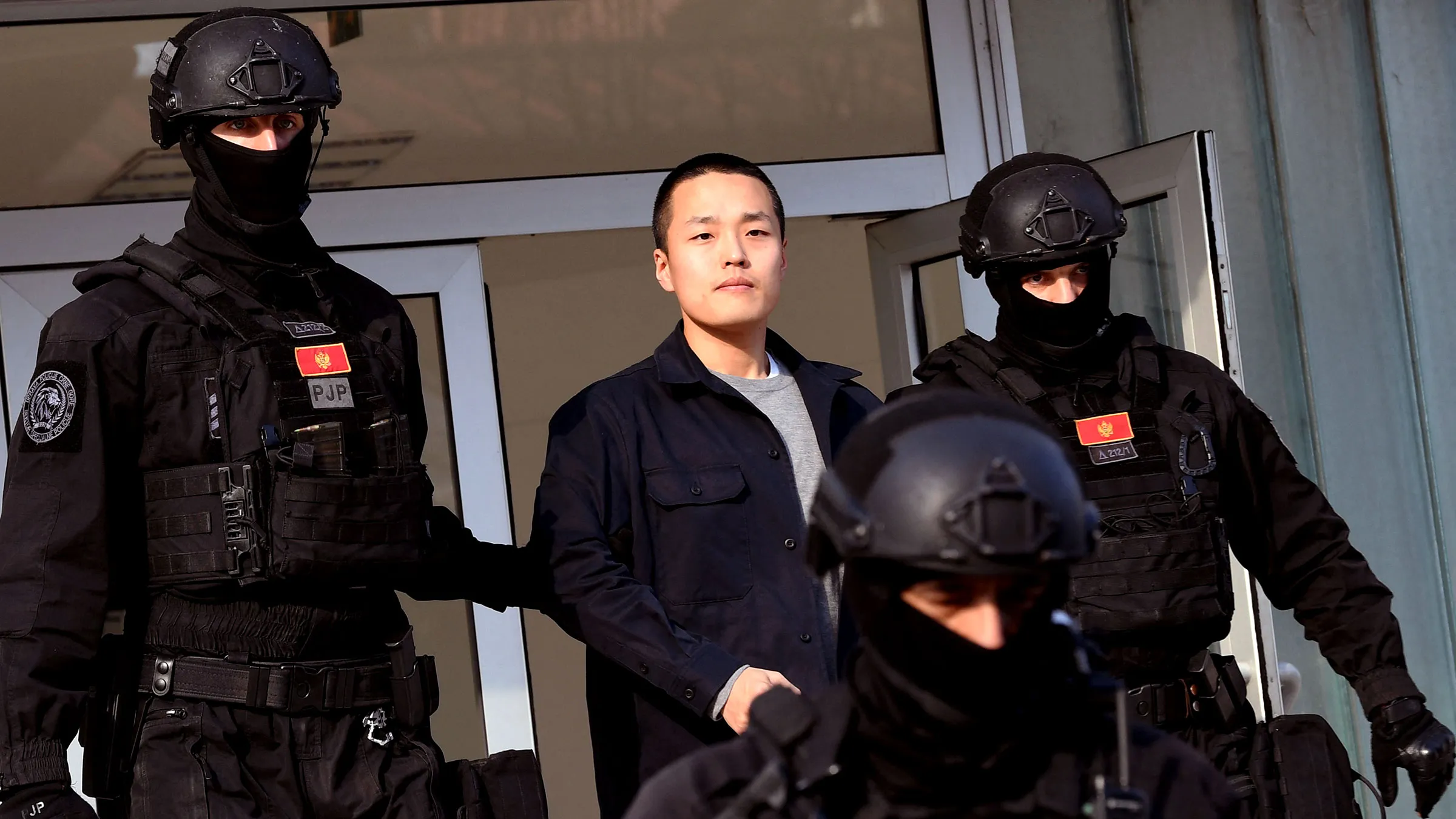Terraform Labs and its co-founder, Do Kwon, faced a federal court trial in the United States District Court for the Southern District of New York, where they were found guilty of fraud in a civil case filed by the Securities and Exchange Commission (SEC).
Following a two-week trial and after hearing closing arguments, the jury delivered the verdict in federal court, as officially announced.
The SEC’s allegations centered on Terraform Labs and Kwon’s purported deception of investors regarding the stability of their cryptocurrency asset security and algorithmic stablecoin, Terra USD. Additionally, they were accused of providing misleading information to investors about whether Terraform’s blockchain was utilized by a prominent payment application for processing and settling payments.
Gurbir Grewal, SEC Enforcement Director, expressed satisfaction with the jury’s verdict, stating, “We are pleased with today’s jury verdict holding Terraform Labs and Do Kwon liable for a massive crypto fraud.”
“Terraform Labs and Kwon, its former CEO, deceived investors about the stability of the crypto asset security and so-called algorithmic stablecoin Terra USD, and they further misled investors about whether a popular payment application used Terraform’s blockchain to process and settle payments.”
SEC attorneys liken Terraform Labs to a “House of Cards” in legal proceedings.
During the trial, SEC attorneys consistently drew parallels between Terraform Labs and a precarious “house of cards,” insinuating that the foundation of the platform was built upon deceitful practices. The essence of their argument revolved around the allegation that both the company and its co-founder, Do Kwon, had deliberately misled investors.
Following the conclusion of the trial, the verdict, which was filed on April 5, revealed a significant outcome: the jury found both Kwon and Terraform Labs accountable for a total of six charges. Moreover, the jury’s decision indicated that the platform had exhibited reckless behavior by disseminating false or misleading information concerning the offering or sale of TerraUSD (UST), Luna, or wLUNA.
Today, after a nine-day trial, a jury in the United States District Court for the Southern District of New York found Terraform Labs PTE Ltd. & Do Kwon liable for defrauding investors in crypto asset securities.
More: https://t.co/dRtq3ITGMG pic.twitter.com/kwlpKXxv6r
— U.S. Securities and Exchange Commission (@SECGov) April 5, 2024
The downfall of Terraform Labs unfolded dramatically in May 2022, marking a tumultuous period characterized by the instability of its algorithmic stablecoin, UST, and mounting concerns surrounding the blockchain’s viability for various use cases. This collapse reverberated throughout the crypto market, precipitating a substantial downturn and prompting bankruptcy filings from industry stalwarts such as FTX, BlockFi, and Celsius.
Amid the chaos, the Securities and Exchange Commission (SEC) stepped in, wielding its legal authority to address what it deemed to be a multi-billion dollar crypto asset securities fraud orchestrated by Terraform Labs and its co-founder, Do Kwon. The SEC’s lawsuit, filed in February 2023, thrust the company and Kwon into a protracted legal battle, with the allegations centering on deceptive practices and fraudulent activities related to the sale and promotion of crypto assets.
Fast forward to December, and Judge Jed Rakoff delivered a pivotal ruling, granting a partial summary judgment in favor of Terraform Labs concerning the unregistered offer and sale of security-based swaps. This legal development injected further complexity into an already convoluted legal saga, setting the stage for continued legal maneuvering and courtroom drama in the months to come.
The extradition case involving Do Kwon has been remanded back to the lower court for further review.
The recent verdict concerning Do Kwon’s case has introduced an air of uncertainty regarding his potential extradition from Montenegro. In a recent development, Montenegro’s Supreme Court has indicated its approval of a previous decision made by a lower court regarding Kwon’s extradition to South Korea.
This decision comes amidst competing extradition requests from both the United States and South Korea, leaving Montenegro in a complex position of determining which claim takes precedence.
Kwon’s legal representatives are advocating for his extradition to South Korea as a priority, with the expectation that he may receive a more lenient sentence there.
However, prosecutors have raised concerns over procedural irregularities, arguing that the appellate court’s handling of Kwon’s legal team’s appeal was flawed. Instead, the decision was escalated to the Supreme Court for review.
The Supreme Court, however, clarified its stance, stating that decisions of this nature do not fall within its jurisdiction. As a result, the extradition process for Do Kwon continues to navigate through legal complexities and uncertainties.
further reading: A former Terraform employee admitted to fabricating posts attributed to the company’s co-founder, Do Kwon, citing anger as the motive.



